2025 Australia 4.0 Debate Series |
|||||
|
|||||
|
The 2025 Australia 4.0 Debate Series was the culmination of three years of national discussions and roundtables incorporating thousands of participants from across the country and drawn from industry, academia, regulators, utilities and innovators. Over that time, the conversations evolved from identifying challenges and issues to focusing in on the opportunities for policies, strategies and solutions. We came together for a series of interactive debates to formulate recommendations to guide policy, strategy, and standards for embedding and exploiting ICT in the transformation of our energy system. Our goal is to promote execution and innovation that will deliver real, sustained benefits to every Australian. In advance there was a recorded keynote by Prof Roy Green AM addressing the productivity opportunities of the Consumers Grid.
During the debates the audience and debaters engaged through Slido to ensure every voice was heard. As such, the goal of these Debates was to refine and ratify five recommendations of strategic interest that can help guide the nation towards an efficient, effective, sustainable and profitable Consumers' Grid based on renewable generation, distributed energy resources (DER) and Consumer Energy Resources (CER). Australian from all across the country engaged alongside national and state regulators, utility operators, energy retailers, renewable experts, technology providers, consumer advocates, manufacturers, and more. Every one of us has a strong vested interest in a successful energy transition. One that will deliver reliable, sustainable, cheaper electricity with a customer-centric delivery model and technology innovations we can export to the world. Let’s make this National Conversation about Energy Transition to the Consumers’ Grid for All Australians a pivotal contribution to guiding the transformation of our energy system. Australia 4.0 Keynote Speaker - Emeritus Professor Roy Green AM MAICD
Debate Topics & TeamsDebate Topic #1 – What does success look like?Summary: When the electricity grid has been transformed to embrace renewables and legacy systems, how will we know the transition to the Consumers Grid is complete? What will success look like and over what timeframe?
Moderator: Terry Lampard, National
President, Electric Energy Society of Australia Proposition: Success in transformation of the grid means service providers using AI to make all the decisions for the "best" outcome for each and every Australian rather than customers deciding what they need and want from service providers. If we set 2035 as the horizon for completing the transition, then we will know we have succeeded in transforming the national electricity system when the following requirements are demonstrably in operation.
Debate Topic #1 Moderator: Terry Lampard 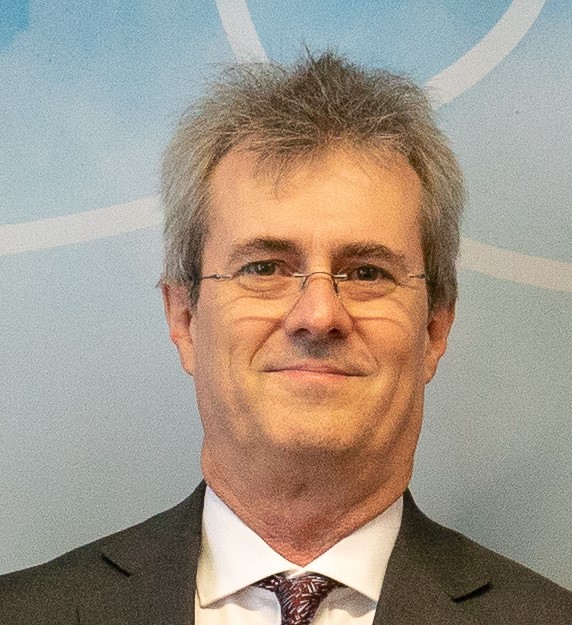
Terry Lampard - BEng MEng Mgt FIEAust CPEng NER APEC Engineer IntPE(Aus) MIEEE
Terry has over 45 years of experience in the Electricity Supply Industry. He spent 37 years at Ausgrid in a variety of technical and
managerial roles, finally as General Manager – Design and Engineering. He was the Lead Technical Advisor at NSW Treasury for the Electricity
Network Lease transactions, which realised over $34B. He has been a participant and/or Chair of numerous industry standards committees in
Standards Australia and the Energy Networks Association, was a Board Director of the Australian CRC for Renewable Energy, has lectured in
High Voltage Engineering at Sydney University and is currently National President of the Electric Energy Society of Australia. Debate Topic #2 – Creating the 'Consumers’ Grid'Summary: The Consumers Grid will ensure efficiency, economy, efficacy, equity, sustainability, resilience and deliver national competitive advantage (productivity).
Moderator:
James Seymour, former CEO, C4NET To optimise the personal, community, and system benefits of a high-CER system, it is inevitable that the fixed component of network charges will need greater weighting.
ICT (Information & Communications Technology) combined with CER (Consumer Energy Resources) undoubtedly provides opportunities for Consumers to lower their costs. The Consumers' Grid makes an assumption that the "grid" (especially Distribution Networks) is actually our - the consumers' - "Community Commons" and that we want it, and the network service providers (DNSP), to be focussed on digitalised solutions that enable providers and consumers to collectively improve network capacity, productivity, and our (consumers') energy use and cost efficiency - cheaper, smarter, better. We seem to be clinging to a world dominated by the supply side, where the grid is optimised to match "supply side only control" risking the benefits of harnessing the ability of demand side levers to lower costs for all. The Consumers' Grid model aims to provide the most equitable and efficient framework by having a network cost recovery based on a capacity subscription model that guarantees minimum amount of export and import capacity at all times to the consumer operating with DOE (Dynamic Operating Envelopes). This model will facilitate access to spare capacity at no, or little, charge except when and where there is actual congestion. This subscription model explicitly supports FTM (Front of The Meter) storage (OASIS, ESaaS), and portability of subscription for kerbside Electric Vehicle Charging Installation (EVCI), or alternate location, EV charging/discharging. This creates the greatest flexibility for consumers, but needs to do so in a way that is fair, reasonable, equitable, and efficient. Debate Topic #2 Moderator: James Seymour
As CEO of the Centre for New Energy Technologies (C4NET), James led the development and delivery of a $25M portfolio of industry-led,
data-driven collaborative research projects supporting Australia’s energy transition. Under his leadership, C4NET drove access to, and
utilisation of, large-scale smart meter data, enabling evidence-based policy development, consumer behaviour insights, and electricity
system modelling. Debate Topic # 3 – Standards underpin our national successSummary: Ensuring the most appropriate standards are in place for a successful transformation to the Consumers’ Grid. Exploiting the advantage Australia has by leading renewable energy adoption to develop sovereign standards, and/or adapt international standards for products, services and network planning will:
Proposition: Australia should define sovereign standards to shape its energy future.
Moderator:
George Sfinas, Engagement Manager, Standards Australia Pro Core Argument: Australia’s unique energy landscape and leadership in consumer energy resources demand sovereign standards tailored to national needs. Supporting Points:
Con Core Argument: Adopting established international/overseas standards ensures interoperability, reduces costs, and accelerates deployment of consumer grid technologies. Supporting Points:
Debate Topic #4 - Skills – grow and sustain the workforce
Summary: Australia needs to triple the supply of qualified engineers and tradespeople to complete the transformation of the energy
system. The skills shortage threatens to delay renewable projects and undermine the shift to a smarter, digital energy grid —
making it a question of whether to prioritise quick fixes to meet urgent demand or long-term reforms to build lasting capability.
Proposition:
Australia should focus its efforts on meeting the energy transition skills gaps with short-term solutions rather than
long-term skill building
Moderator: CJ Wilson, Sustainability Specialist, Robert Bird Pty Ltd This will best be achieved by:
As an embodied carbon and sustainability specialist at Robert Bird Group, CJ develops process-based systems that accelerate the adoption of
sustainable strategies in operations and project delivery. He is also the chair Engineer’s Australia NSW Sustainable Engineers Society
Chapter, coordinating efforts including upskilling for the energy transition and net zero economy. Debate Topic #5 – Digitalising the GridSummary: Digitalisation is a necessary foundation for the successful transformation of the national electricity grid. The defining aspects of this digitalisation address control, monitoring, privacy, adaptability, and redundancy. Proposition: A utility led digitalisation step change is the right path to the Consumers' Grid
Moderator:
Neil Horrocks, Networks Program Leader for RACE for 2030 Success in this effort demands:
Debate Topic #5 - Debaters Jason Clark - Managing Director, Calab.ai
In his role as the Managing Director of Calab.ai, Jason leverages generative AI to transform legacy operations. He leads the design and commercialisation of technologies that help transform industries and unlock new value. With over 20 years of senior leadership experience, Jason has scaled high-growth businesses, delivering major operational transformations. He brings deep sector expertise in utilities, having held senior executive roles at Ausgrid and AGL. Simon English - Network Technology Manager, Powercor & Citipower
Sharon Swift - Senior Manager, UNSW Digital Grid Futures Institute (DGFI) 
Sharon Swift is a Senior Manager at the UNSW Digital Grid Futures Institute (DGFI), where she plays a central role in building strategic connections between researchers, industry partners, and business leaders to forge interdisciplinary collaborations and translational outcomes. With a global career spanning several decades across business, operations, and entrepreneurship, Sharon brings a rare combination of commercial acumen and academic insight to her work. Her expertise in partnership development and stakeholder engagement helps to expand DGFI’s collaborative networks and delivering outcomes that bridge research and application. Sharon’s professional interests centre on communication, collaboration, and capability building across the energy transition. She is passionate about improving energy literacy and consumer empowerment, inspiring curiosity in young learners exploring STEM, and encouraging experienced professionals to share their expertise. She also works to shape decarbonisation career pathways, recognising the vital role workforce development plays in addressing the global climate challenge. Michael Dello-Iacovo - Executive Manager of Advocacy & Policy, Energy Consumers Australia 
Michael is an Executive Manager of Advocacy & Policy at Energy Consumers
Australia where he champions better energy outcomes for residential and small business consumers. His work spans areas including electricity
distribution networks, electric vehicle integration, and energy resilience strategies. A key achievement has been leading ECA's Integrated
Distribution System Planning rule change request, which aims to modernize network planning and data collection rules to better serve
Australian consumers in the energy transition. Michael brings an unusually interdisciplinary perspective to energy policy. He holds a PhD
focused on the application of seismic techniques in space exploration. His diverse career also includes hands-on experience as a
geophysicist in the Australian energy sector, heading strategy for a think tank focused on animal welfare and AI policy, and has engaged
directly with democratic processes through running for public office. This background — spanning hard sciences, industry operations,
emerging technology governance, and public service — equips him to tackle the technical, social, and political dimensions of Australia's
energy transformation.
Neil currently is the Networks Program Leader and Deputy Chief Research Officer for RACE for 2030 where he works with networks and leading universities across Australia to explore new opportunities for customer participation in tomorrow’s electricity sector. He also Chairs the Customer and Community Reference Group at Urban Utilities.
Prior to joining Race for 2030, Neil has held roles as Director of the UQ Research Centre for Energy Data Innovation, CEO of Brisbane
Sustainability Agency and Major Project Manager (Demand Management) at Energex. |
|||||
The 2025 Australia 4.0 Debate Series was delivered in partnership with: |


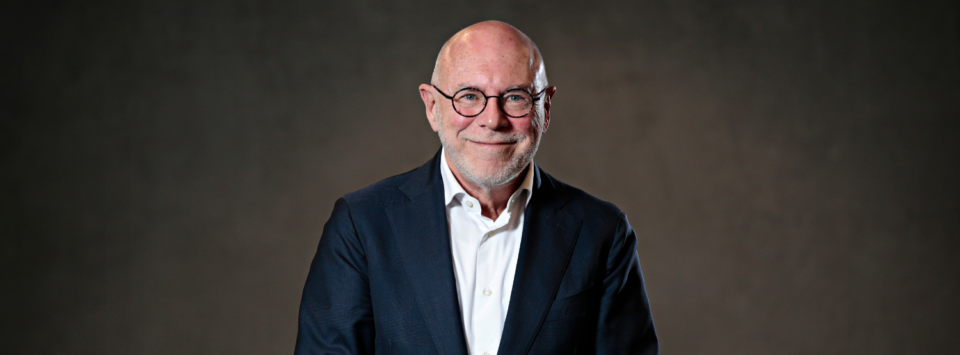 Roy is Special Innovation Advisor at the University of Technology Sydney and former Dean of the UTS Business School. He has undergraduate
degrees from the University of Adelaide and a PhD in Economics from the University of Cambridge. Roy has pursued a career in universities,
government and industry and published widely on innovation and industrial policy, including with the OECD and European Commission.
Roy is Special Innovation Advisor at the University of Technology Sydney and former Dean of the UTS Business School. He has undergraduate
degrees from the University of Adelaide and a PhD in Economics from the University of Cambridge. Roy has pursued a career in universities,
government and industry and published widely on innovation and industrial policy, including with the OECD and European Commission.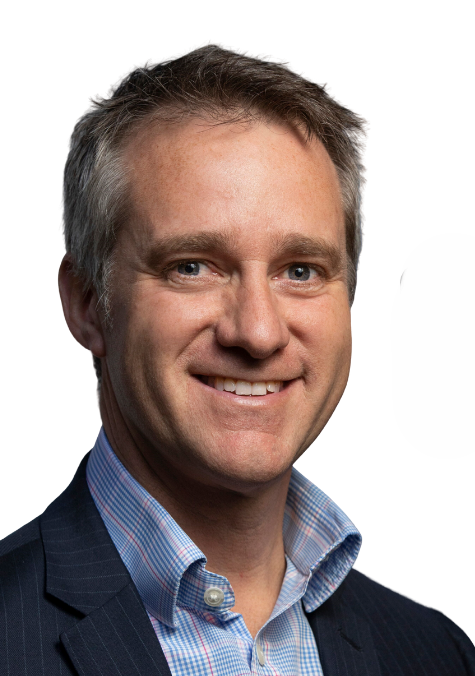 James
Seymour is the Director of Apten Advisory, a specialised advisory and data analytics firm dedicated to addressing the energy sector’s
rapidly evolving challenges. He brings more than 20 years of experience across the energy sector.
James
Seymour is the Director of Apten Advisory, a specialised advisory and data analytics firm dedicated to addressing the energy sector’s
rapidly evolving challenges. He brings more than 20 years of experience across the energy sector. With a background as a civil engineer and 10 years as a construction project manager on notable commercial buildings like the Google Bay
View Campus and Stanford University SESI Project, CJ brings a deep understanding of building operations and project delivery. His passion
for a sustainable future led him to specialize in sustainable design, earning a Masters in Architectural Design of High Performance
Buildings from the University of Sydney.
With a background as a civil engineer and 10 years as a construction project manager on notable commercial buildings like the Google Bay
View Campus and Stanford University SESI Project, CJ brings a deep understanding of building operations and project delivery. His passion
for a sustainable future led him to specialize in sustainable design, earning a Masters in Architectural Design of High Performance
Buildings from the University of Sydney.
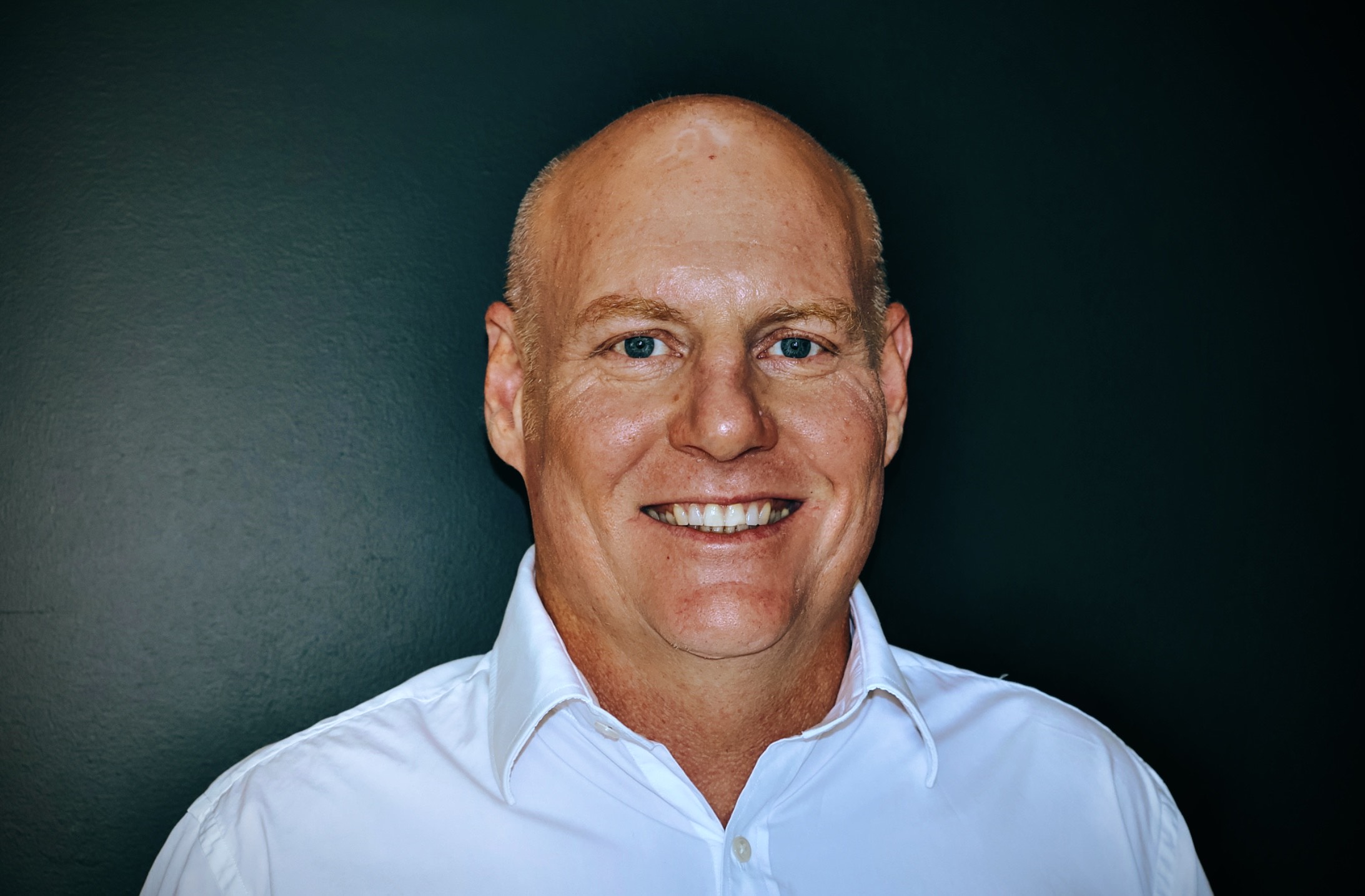
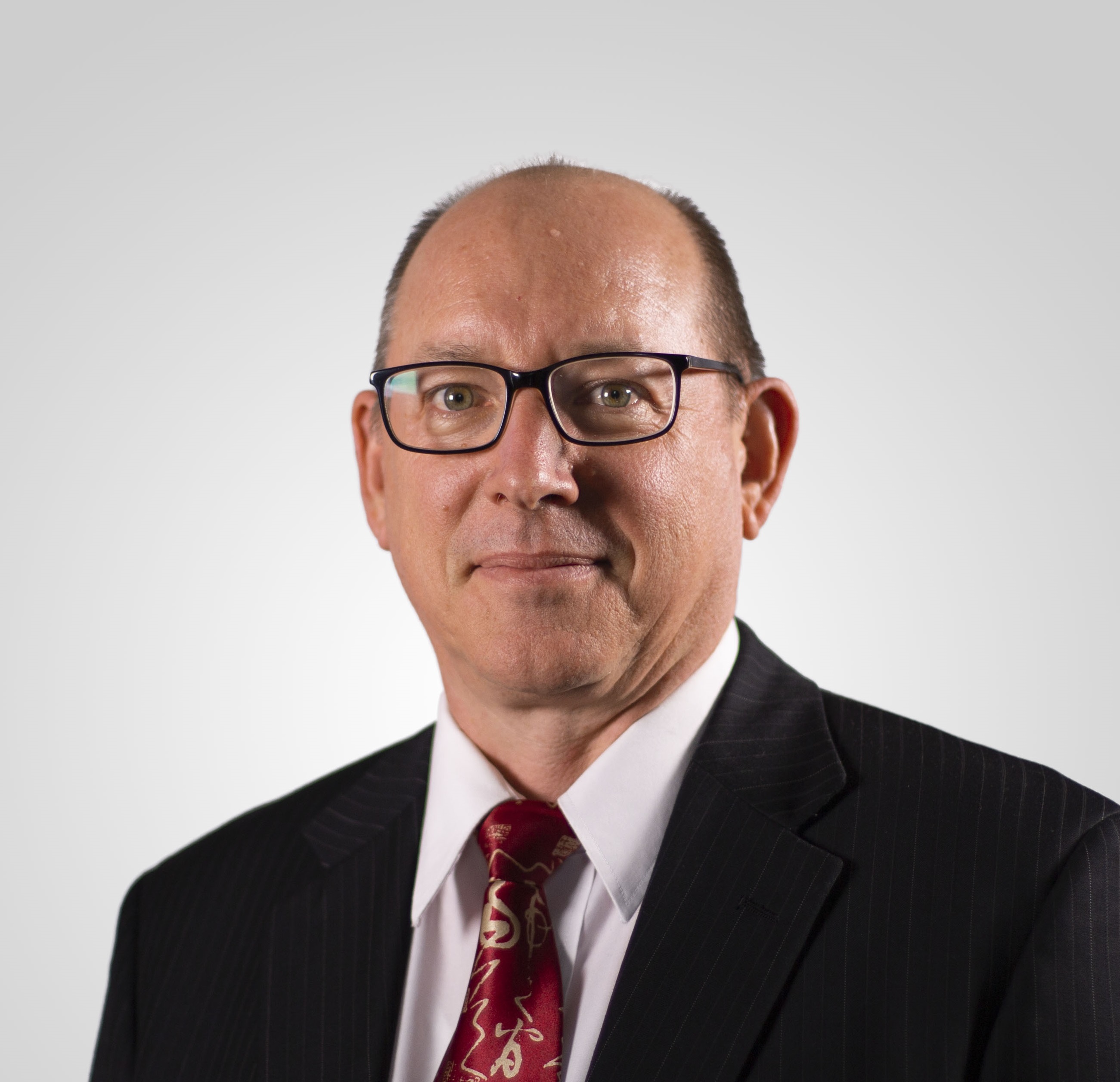
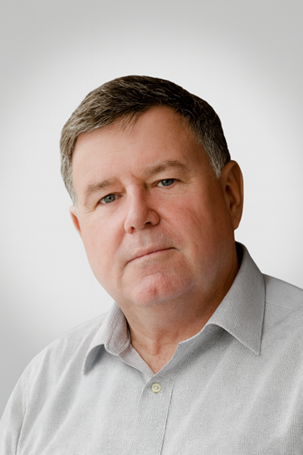 Neil Horrocks has more than 30 years of energy industry experience across the electricity and gas sectors including roles in retail,
distribution and asset management. Neil is passionate about innovation that drives our energy transformation and is highly experienced
collaborating with industry and academia in this pursuit. Neil is particularly interested in the opportunities that our digital world is
creating to optimise the transition and has worked in projects in big data energy analytics, artificial intelligence, gamified behaviour
change and optimised load control projects.
Neil Horrocks has more than 30 years of energy industry experience across the electricity and gas sectors including roles in retail,
distribution and asset management. Neil is passionate about innovation that drives our energy transformation and is highly experienced
collaborating with industry and academia in this pursuit. Neil is particularly interested in the opportunities that our digital world is
creating to optimise the transition and has worked in projects in big data energy analytics, artificial intelligence, gamified behaviour
change and optimised load control projects.